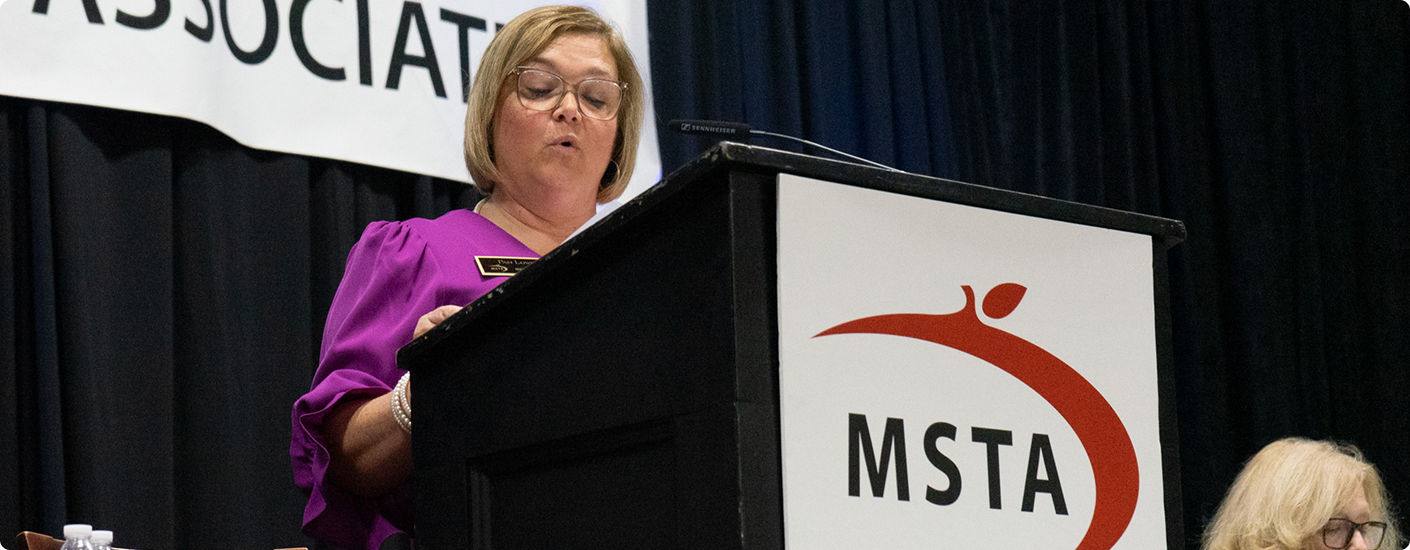Successful Mentoring
A teaching job will introduce you to situations for which no college class could prepare you. To ease the transition, school districts must set up a mentoring program for new teachers. Mentors are there to give guidance and support. Below are some tips for making the most of the experience.
If you are the mentee...
- Communicate. The shared information is confidential by law, so feel free to discuss any professional issue with your mentor.
- Ask for help when you need it. Don’t try to handle problems alone if you feel overwhelmed.
- Meet regularly and prepare questions about teaching techniques, discipline, lesson plans or other professional topics. Since many districts require you to keep a record of your mentoring experience, record the dates of your meetings and the topics discussed.
- Sit in some of your mentor’s classes. State standards require you to observe your mentor. Focus on different elements each time, such as your mentor’s organization methods. Ask yourself why that method works.
- Get feedback. The state standard requires your mentor to observe you. Remember, your mentor is there for guidance, not evaluation.
- Unfortunately, some relationships just don’t work. If you have problems with your mentor, stay with it for at least a month. If it’s possible to request a new mentor, think it over carefully. A new mentor may not necessarily be a better one — and you risk earning a reputation for being difficult.
If you are the mentor...
When is a teacher ready to mentor?
Missouri suggests a minimum of four years of teaching experience or a retired educator. Mentors should exhibit strong instructional skill, be eager to share ideas, and be comfortable with a coaching role.
How much time should I spend mentoring?
That depends on district requirements, however it is important to remember mentoring is about support. Support may occur in a formal planned meeting or informally via email, phone calls, or casual chats. New teachers must have a mentor for two years.
How often will I be meeting with my mentee?
Frequency depends on needs of new teachers and district requirements and expectations.
Guidelines with a first-year/novice teacher:
As much as possible before school starts; daily during the first month of school; two to three times a week during the first semester; at least once a week in the second semester.
Guidelines with a second-year or new-to-district teacher:
As much as possible before school starts; two to three times during the first week; once a week the rest of the year; more as needed.
What should we cover in our meetings?
- School and community culture.
- Communicating with colleagues and parents.
- Curriculum, instruction and assessments.
- Time and classroom management.
- Student interactions, including a system for getting to know students as learners and people, and keeping a professional relationship.
- Balancing personal and professional life.
What if I don’t get along with my mentee?
If it just isn’t a good fit, speak to the professional development committee chair or PDC building rep or person in charge of mentoring. The feeling is probably mutual, and it’s better to get someone else than make life miserable for both.
What if I don’t feel my mentee is doing a good job?
- Be proactive, initiate a conversation; suggest co-developing a lesson.
- Model good instruction. Have the mentee watch you or another experienced teacher.
- Speak candidly if your mentee shares concerns with you.
- A mentor also has a duty to the district. If you have concerns about a new teacher’s abilities, you should talk to the principal, and suggest he or she do classroom observations.
What do I need to know about confidentiality?
The mentor and mentee have a confidential relationship. If that trust is broken, it’s bad news for everyone. The mentor should not share notes with administrators. Mentors can make general suggestions for observations but not specifics unless a mentee is breaking the law or endangering a student.
For more about mentoring, inquire about MSTA’s Mentoring Frameworks and MSTA’s Mentoring Support Guide at 800-392-0532.
 Login
Login
 MSTA Regions
MSTA Regions
 Search
Search
 Contact Us
Contact Us




